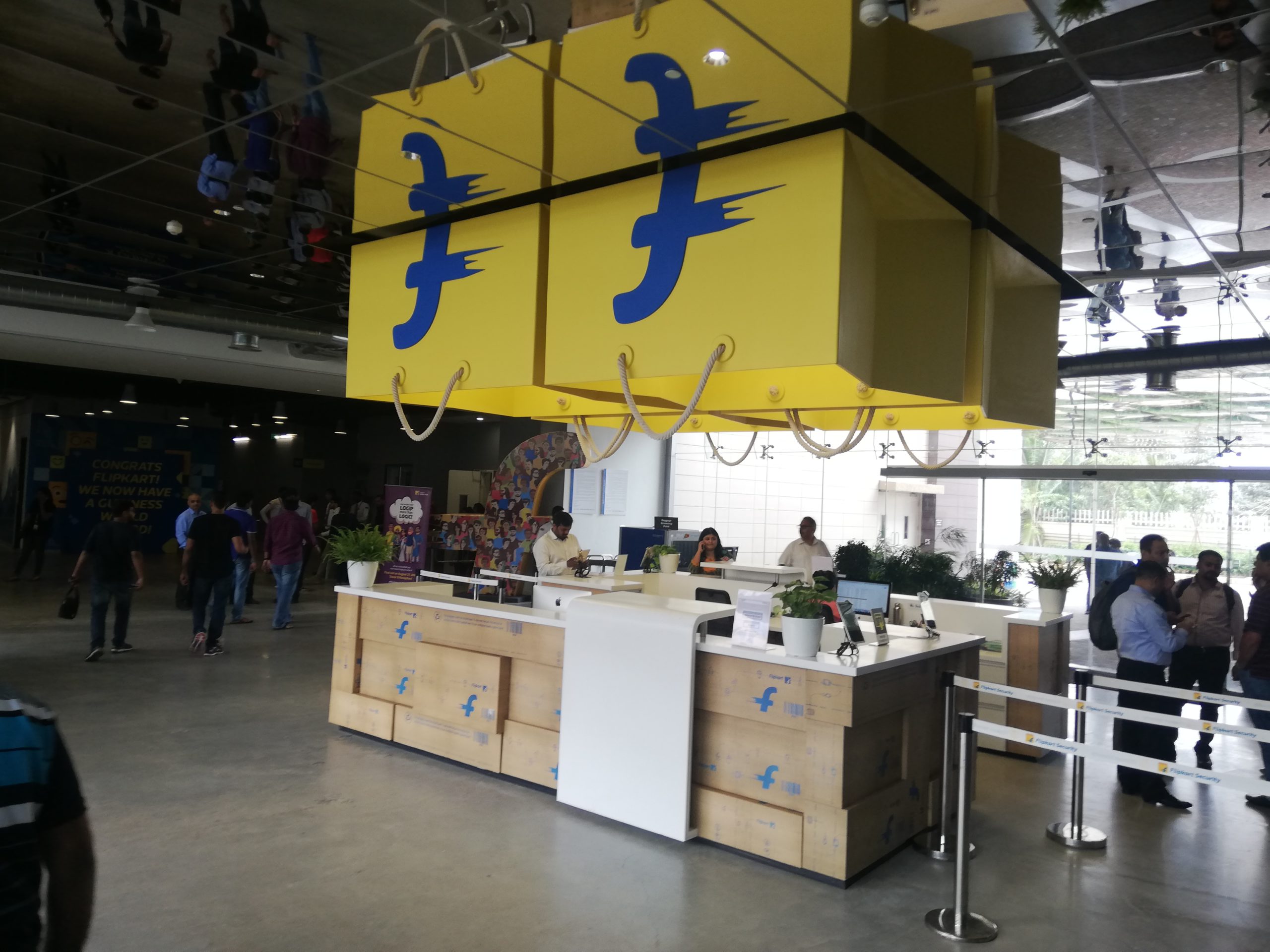Users can now avail a native e-commerce experience in six languages on the Flipkart app
To offer a personal and colloquial experience to e-commerce for Marathi, the third most widely spoken language in India
Over 5.4 million words translated to reduce the language barrier for users
Bengaluru, NFAPost: Flipkart, India’s homegrown e-commerce marketplace, has further strengthened its vernacular language offerings with the introduction of Marathi, the third most widely spoken language in India.
Flipkart app is now accessible in six major languages including English, Hindi, Marathi, Tamil, Telugu and Kannada, further strengthening its commitment to making online commerce more inclusive and accessible for Indian consumers.
The addition of Marathi is especially significant as it is the third most widely spoken language in India, according to the 2011 Census. Flipkart has utilised a mix of translation and transliteration of over 5.4 million words to offer a personal and colloquial e-commerce experience for millions of Flipkart users. Built on Flipkart’s ‘Localisation and Translation Platform’, customers can now enjoy an easy end-to-end e-commerce experience in Marathi.
The expansion of the platform’s vernacular capabilities is in line with Flipkart’s continuing innovations to address the pain points of Indian consumers who are transitioning to e-commerce, reducing the access barriers to e-commerce for millions of native language speakers.
According to industry reports, Indian-language internet users are expected to account for nearly 75% of India’s internet user base by the end of 2021, and over 50% of all Flipkart users come from Tier 2 and Tier 3 cities necessitating the need for an expanded vernacular offering.
Commenting on the develoment, Flipkart Chief Product and Technology Officer Jeyandran Venugopal said as part of Flikar continuing efforts to innovate and bring e-commerce closer to customers in Bhar22at, the company has significantly expanded its vernacular language universe over the past two years.
“The addition of Marathi on the platform as one of the six language offerings reflects our commitment towards making e-commerce more inclusive and will play a crucial role in removing language barriers. These developments are a part of our continued efforts towards further expanding the vernacular language universe on Flipkart, thereby making e-commerce more accessible and convenient for millions of consumers across the country and will be key to democratising e-commerce in India,” said Jeyandran Venugopal.
In its efforts to bring the next 200 million consumers online, Flipkart has launched numerous initiatives under its three pillars of video, voice and vernacular. Since 2019, 95% of users who opted to interact with the platform in a regional language have continued to use it, serving as a testament to the acceptability of regional languages on the digital platform.
The Flipkart Group is one of India’s leading digital commerce entities and includes group companies Flipkart, Myntra, and Flipkart Wholesale. Started in 2007, Flipkart has enabled millions of consumers, sellers, merchants, and small businesses to be a part of India’s e-commerce revolution, with a registered customer base of over 300 million, offering over 150 million products across 80+ categories.
The company’s efforts to democratise e-commerce in India, drive access and affordability, delight customers, create lakhs of jobs in the ecosystem and empower generations of entrepreneurs and MSMEs have inspired to innovate on many industry firsts.
The recent launch of Flipkart Wholesale, the ompany’s new digital marketplace, is a testament to our commitment to accelerate the growth of kiranas and MSMEs in India. Flipkart is known for pioneering services such as Cash on Delivery, No Cost EMI and easy returns – customer-centric innovations that have made online shopping more accessible and affordable for millions of Indians.
Together with Myntra, which holds a prominent position in the online fashion market, and now Flipkart Wholesale, the Flipkart Group will continue to steer the transformation of commerce in India through technology.





